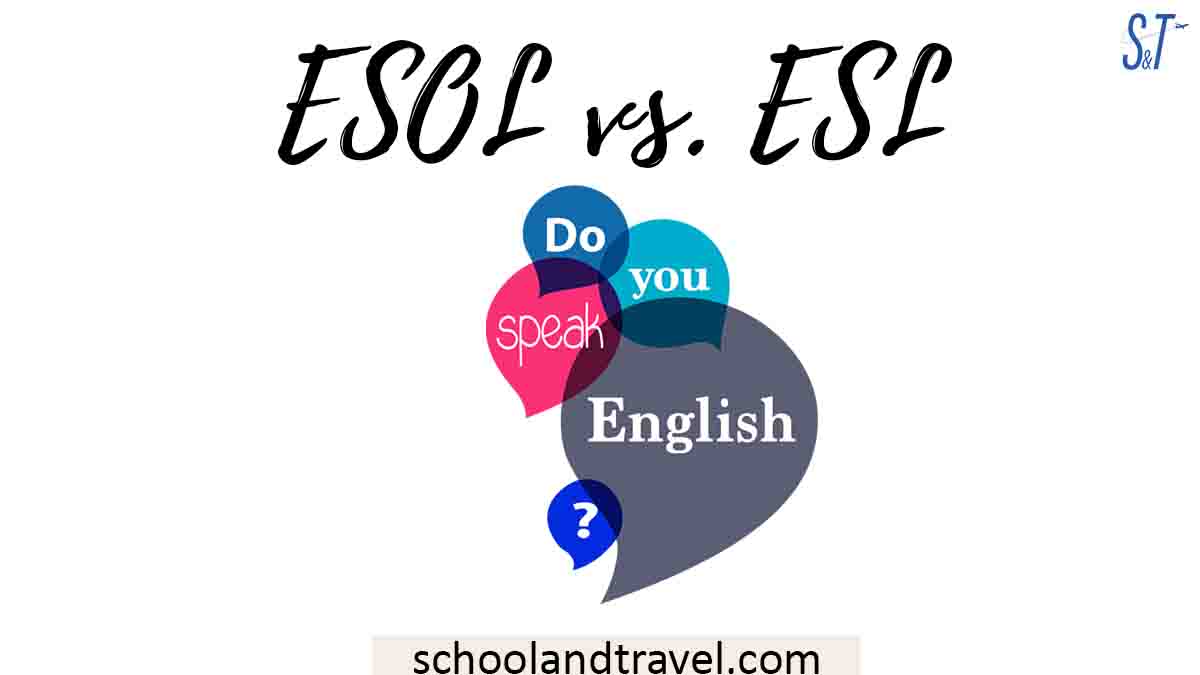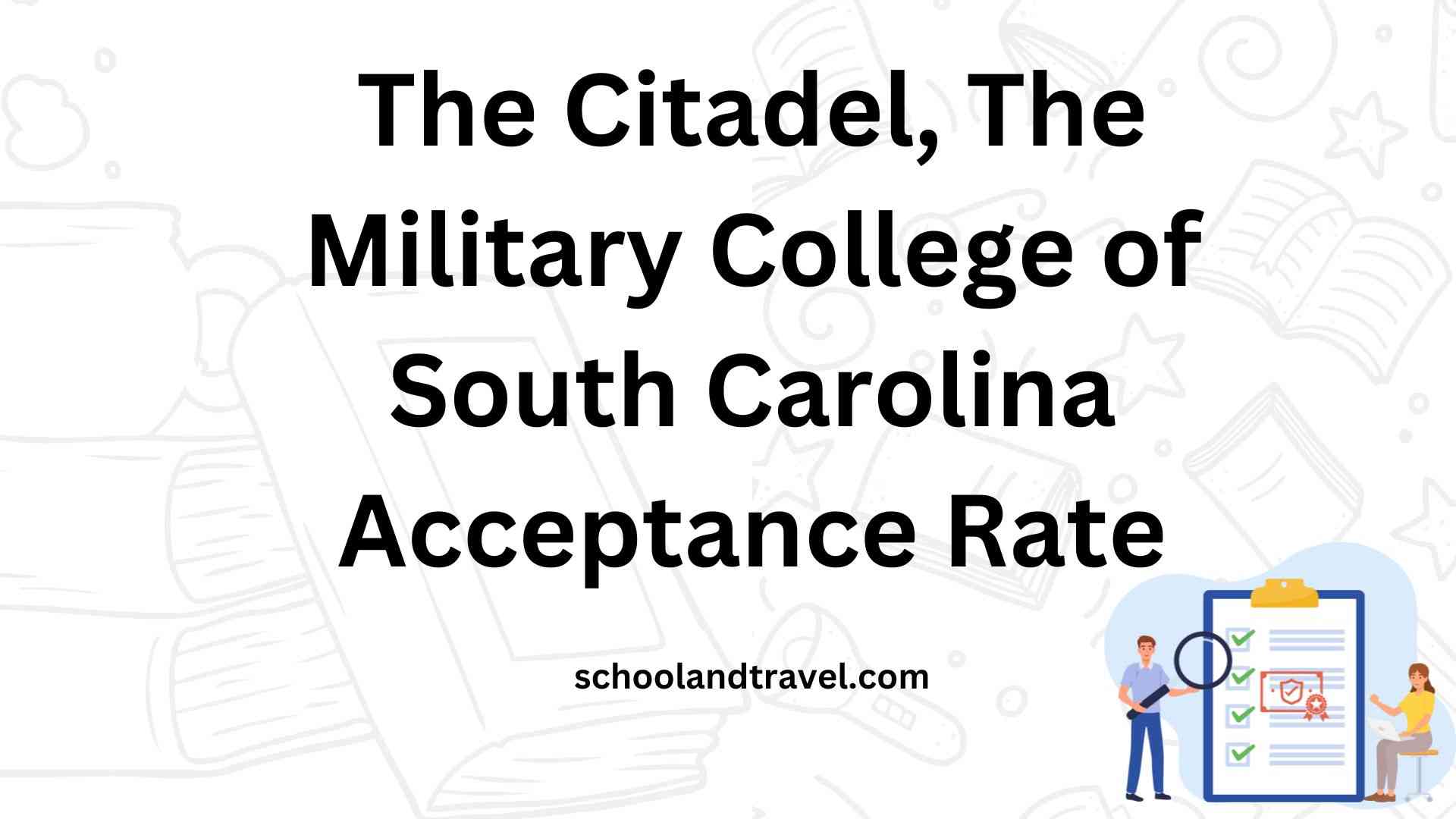Yes, I know, the English language is hard, yet the professional words are full of ambiguous acronyms like ESOL, ESL, ELL, TOEFL, EFL, and IELTS.
Because of the similarities in meaning and occasionally pronounciation, there has been a lot of comparison when it comes to “ESOL vs. ESL.”
In this article, we will compare “ESOL vs. ESL,” two of the most popular programs that help develop the English language for folks from countries whose lingua franca isn’t the same as the Queen’s.
ESOL vs. ESL: Overview
What is ESOL?
The acronym ESOL stands for English for Speakers of Other Languages.
One reason ESOL was created is that a few people argue that when students are gaining knowledge of English in a native English language speaking country, these students aren’t constantly learning it as a second language as proposed by ESL.
As it could be the person’s fourth or maybe sixth language. Moreover, English as a Second Language, then, is restricting and not utterly complete in its description.
What is ESL?
ESL stands for English as a Second Language. It means learning the Queen’s language in a country where English is the local language spoken, or English is the lingua Franca.
For example, people who are originally from countries where English isn’t their official language, like Brazil or Spain, who travel to English-speaking countries, England or Scotland, to seek residence for an extended period must learn English as a second language.
They learn English to communicate, as it is the dominant language spoken by the locals in the community they will reside.
ESOL vs. ESL: What’s the Difference?
ESOL and ESL are certifications that instructors and different people can acquire to teach students from non-English speaking countries.
The ESL certification is precise for instructors who can teach where their student’s local dialect isn’t English.
On the other hand, ESOL accounts for people who speak more than one language or who may also have already had English training in their local country.
These ESOL vs ESL differences are crucial as it impacts the language acquisition technique and instructors need to approach every student with complete knowledge of their language capabilities.
Read this: DSST vs. CLEP (Meaning, Similarities, Differences)
ESOL vs ESL: Learning Objectives
- Identify and examine all students whose local or domestic languages are not English.
- Provide guides to all students in grades K – 12 who’re English Learners.
- Create a learning environment where students may learn English to succeed in all academic areas and compete with their English-speaking peers.
- Support the standard study room curriculum and coaching as appropriate to the student’s developmental and English proficiency levels.
- Monitor and assess the educational development of ESOL vs ESL students with an ongoing assessment process.
- Educate guidance counselors, teachers, principals, and other school staff in appropriate instructional and evaluation procedures.
- Communicate educational objectives and expectancies to parents and guide and inspire them to support their ward’s development.
Why You Need The ESL Program:
ESL programs assist individuals turn out to be more fluent in English through a means of breaking down principles and language rules.
Many programs train mathematics, science, and history lessons more straightforwardly for college people who’re non-local speakers.
Those programs are frequently located in English-speaking countries to provide students with a true immersion experience.
However, many ESL students feel crushed when immersed in a nation where they cannot communicate in the local language; it is distressing and difficult to bear when they cannot comprehend or participate in a lesson delivered in English or the community around them.
So, most ESL programs have guide structures to alleviate those frustrations.
ESOL vs ESL
Why do you need ESOL?
If you want to apply for citizenship in an English-speaking country, like the UK, your proficiency in the Queen’s language will be tested. If you have lower than an Entry Level 3, then you need to take and pass an ESOL.
Having completed an ESOL program would help reassure prospective employers that you possess good communication skills in English.
An ESOL program is also designed to be practical. It will teach you everyday English language, including grammar and punctuation, rather than things you won’t need to use in the real world.
Also, enhancing your English will assist you in different ways, for example:
- Communicating with people who understand the language.
- Helping your kids with their homework.
- Continuing your education.
- Gaining expert qualifications.
ESOL vs ESL: Teacher
ESOL/ESL teacher or instructor has undergone any of ESOL/ESL programs and has received certification to train a foreigner who isn’t fluent in the use of the English language and wants to learn English as a second language.
However, ESOL and ESL teachers can offer classes for any English level beginning from the very fundamentals to advanced stages of English.
These instructors assist students with every bit of communication skills required to master the English language, such as writing, spelling, listening, reading, and speaking.
As an ESOL or ESL teacher, you must know that your students are first-timers in the country and have very little knowledge of the English language, so you must be patient while teaching them.
Conclusion:
At this point, allow me inform you that ESOL/ESL programs provide an environment for academies learning in English for individuals from non-English speaking countries.
It signifies that, irrespective of where you come from, as much as English is not your local language, by beginning to practice English, you are automatically an ESOL/ESL student.
Awesome one; I hope this article answered your question.
Share this Information.
Related articles:
- How to Create a Balanced Plate: The Key to Healthy Eating
- How to Start a Virtual Book Club with Friends
- The Top Credit Score Hacks Every Young Adult Should Know
- The Pros and Cons of Rental Property as a Passive Income Stream
- Enhancing Your Clinical Psychologist Job Prospects with Professional Help
- The Impact of Graphic Design School on Your Future Earnings Potential
- 7+ College Scholarships for Muslim Students (FAQs)
- Flavor of the Month Scholarship 2024 (Requirements, FAQs)
- Vegetarian Scholarship (Requirement, Deadline, FAQs) | 2025
- John and Abigail Adams Scholarship 2022-2024 (Eligibility, Deadline)




